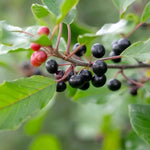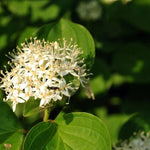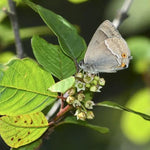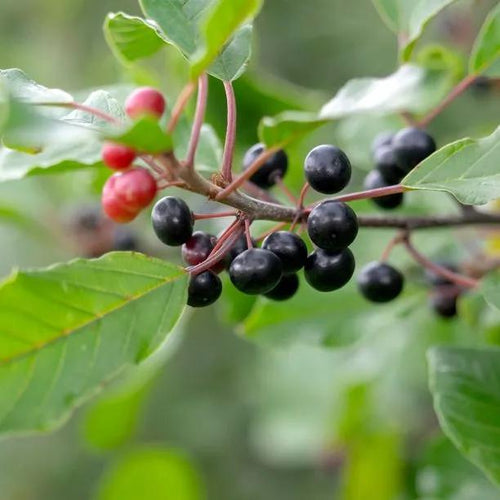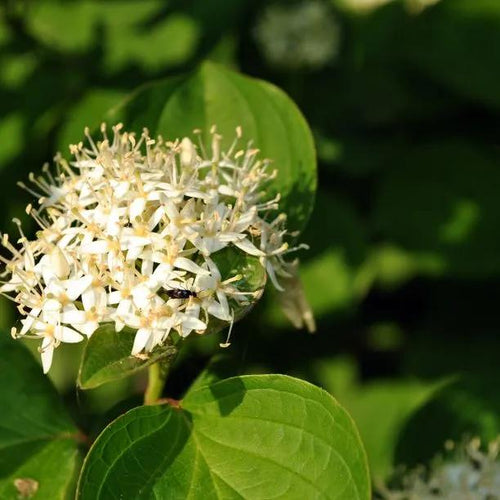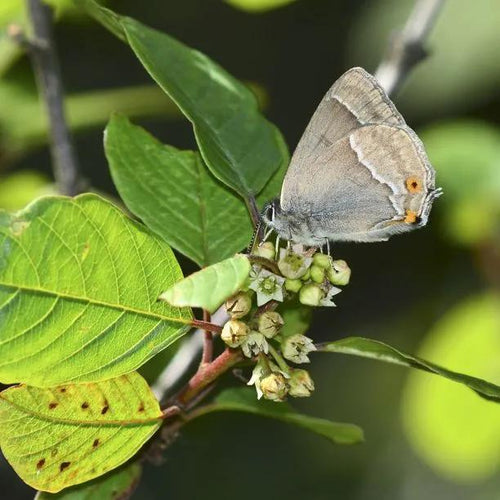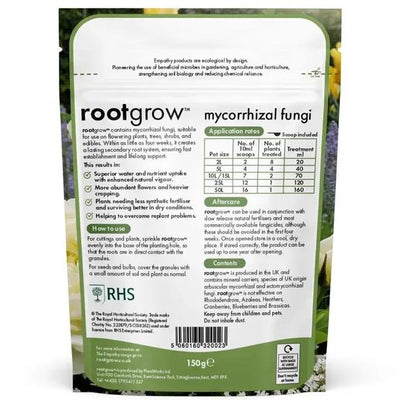 Delivered across the UK
Delivered across the UK Which Best Plant Supplier 2025
Which Best Plant Supplier 2025 1 Year Bareroot Plant Guarantee
1 Year Bareroot Plant Guarantee
About Alder Buckthorn Hedge Plants
Alder Buckthorn Hedge Plants
Alder Buckthorn is a large native shrub or small tree that is ideal for country hedging. It produces red berries in the spring that mature and darken to almost black in autumn, which contrast well with its lovely yellow autumn foliage.
Good for hedges up to about 5 metres high. Browse all of our other varieties of Buckthorn hedge plants, our selection of native hedging, or our full range of hedging plants.
Delivery season: Alder Buckthorn hedge plants are only delivered bareroot, during late autumn and winter, approximately November-March inclusive.
Features
- Native deciduous shrub/tree.
- Very hardy.
- Moist, acidic soils.
- Good for wildlife hedging.
- Max. Height: 5m.
Growing Alder Buckthorn
It's extremely hardy and will grow on wet, boggy sites. It'll grow well in any fertile, acidic soil conditions. It tolerates partial shade or dappled shade underneath large trees. In the wild, it grows in open woods, scrubland, hedgerows and wet areas like bogs and riverbanks. Avoid growing on chalk or in very shady sites.
When grown as a specimen tree, alder buckthorn needs no routine pruning, although it'll tolerate hard pruning if necessary to maintain its shape. Prune in late winter or early spring, outside the nesting season for birds.
Spacing an Alder Buckthorn hedge:
Plant at 3 plants per metre, 33 apart. You can also plant at 5 plants per metre in a staggered double row, with 33 between each plant along the row and 40 between the rows.
Garden Design Ideas
Alder buckthorn is great as a small specimen tree in a wildlife border. The berries are loved by birds, especially thrushes and the flowers are excellent for bees. It can be combined with other berried shrubs like hawthorn, and underplanted with small herbaceous perennials such as cyclamen, and sweet violet.
As part of a native hedge, it can be planted alongside other native trees, shrubs and rambling plants such as blackthorn, field maple, holly, dog-rose, wayfaring tree and ivy. Using a wide variety of species creates varied habitat for wildlife and a long flowering season with pollen and nectar produced for many months of the year.
History & Trivia
Despite its name, the alder buckthorn is neither an alder, nor does it have thorns. Recently, botanists have determined that the former Rhamnus frangula really belongs in its own genus, and it is now officially called Frangula alnus. It is also known as black dogwood, breaking buckthorn or glossy buckthorn.
It was used as a dye plant in the past with a yellow pigment made from the foliage and bark. A blue or grey dye can be made from the ripe berries and the unripe berries produce a green pigment.
Along with Purging Buckthorn, this plant is the only food source for the beautiful yellow brimstone butterfly.
Flowers & Bees: It is an excellent host for bees and butterflies, although the tiny flowers aren't really visible amongst the leaves. It isn't the most ornamental shrub, but it is excellent for wildlife.
Firewood: The charcoal made from buckthorn wood is one of the best for making gunpowder. The wood is durable and easy to sharpen, so was used historically for nails, skewers and arrows.













 Secure, One-Tap Checkout
Secure, One-Tap Checkout
 Hand Picked, Delivered to Your Door!
Hand Picked, Delivered to Your Door! 1 Year Bareroot Guarantee
1 Year Bareroot Guarantee